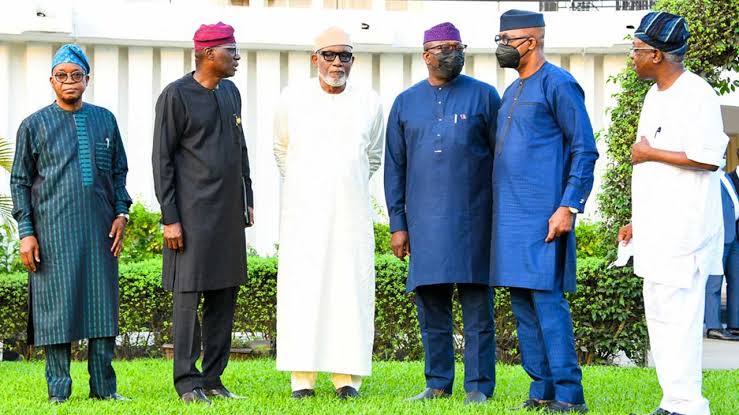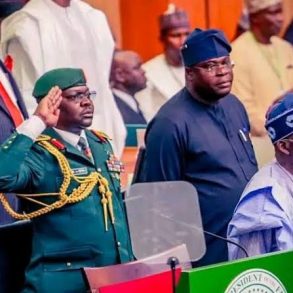To foster economic development in the south-west of Nigeria, the governors in the region have been urged to be committed to a peace treaty signed after the Kiriji war in 1886.
Speaking at the weekend during the celebration of Yorùbá Day in London, organised by the United Kingdom and the United States-based Pan-Yorùbá group, Think Yorùbá First, the Olugbon of Orile-Igbon in Òyó State, Ọba Francis Alao, stressed that the unity among southwest governors cannot be overemphasised as it would help transform the economy of the region.
He said, “The festival, with the theme ‘The importance of indigenous language in technological advancement’, was to mark the 137th anniversary of the end of the Kiriji war in the ancient Yorùbá kingdom now in Southwestern Nigeria. The Kiriji War was the longest internecine war in the world.
“It depicts unity and peace. Since the end of the war. When the colonial masters found out that the war was within The Yorùbá and could affect colonial rule, they had to intervene. But the key reason we are doing this is to foster economic development in the south by launching a symbolic memorial site, which is one of the objectives of the Minister of Tourism and Culture.
“What they refer to in Saudi Arabia today as Mecca is culture; what they have in Jerusalem visited by pilgrims is also culture. We can transform our historical monuments into economic hubs.
“Every Southwest governor must be involved, as there’s a need for all Southwest governors to be united to foster rapid economic growth in South West. The Kiriji war had ended, but the fight within Yorùbá has no end, and the colonials are behind our malice.”
On her part, the co-ordinator of the group, Dr Bukola Adeniji, while disclosing how the group plans to erect a historic monument like the George Washington monument in the United States of America, said the Imesi Ile Council of Elders was aware of the proposal to reconstruct the Kiriji war and peace memorial. When the George Washington Monument was erected, it took them 100 years.
According to her, “Where the war took place was Imesi ile; Igbajo was where the Ibadan fighters were; Oke Imesi was where the warriors of Èkìtì Parapo were.
“Our plan is to construct a road that would connect the three areas. Just like Mount Rushmore in the USA, they would cast the faces of our ancestors on the mountain.
“The project is very ambitious, but I am convinced that it is possible. This is no small project; it will require the contribution of experts. We have created a Kiriji war and peace monument board that would consist of elders who would look into the contribution.
“Part of the board of trustees includes Oloye Lekan Alabi, Mr. Oludare Olugbemi, who is part of the Imesi Ile council of elders; Mr. Olaniyi Oyedele, a certified public accountant in the US; and the head of the Yoruba National Fund, which will be the holding purse for this war monument fund.
“It is the Yorùbá National Fund that would be in charge of all the contributions for the monument; Otunba Deji Giwa Osibogun and Oloye Mayowa Ogedengbe are also part of the trustees. The initial target of the fundraising is to raise N50 million in the first phase of the fundraising.”





